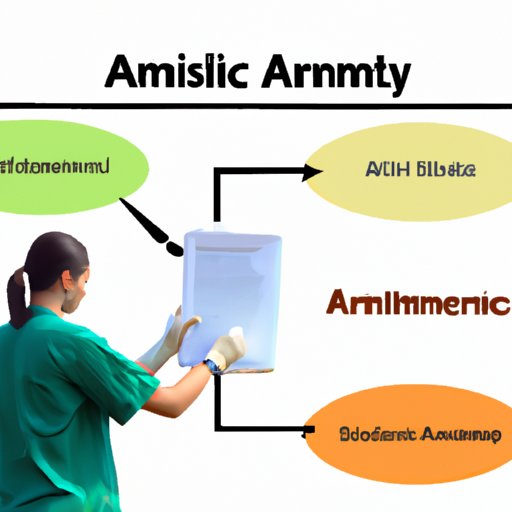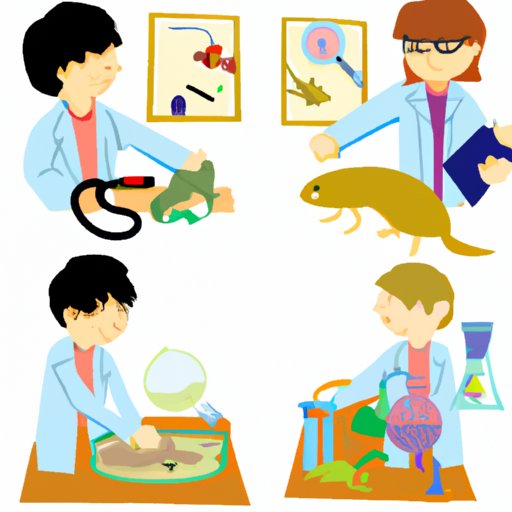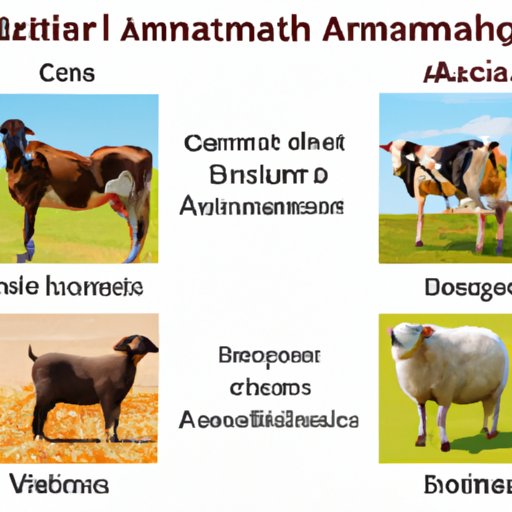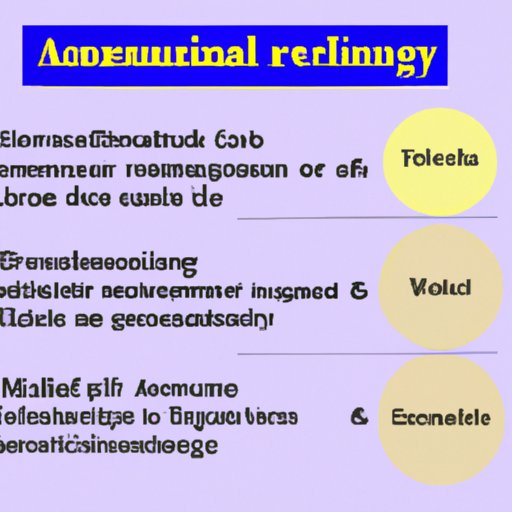Introduction
Animal science and animal husbandry are two closely related fields of study that involve the care and management of animals. But while they are similar in many ways, there are some key differences between the two. Understanding these differences is essential for anyone looking to pursue a career in either field.
Comparing Animal Science and Animal Husbandry: An Overview
At the most basic level, animal science involves the study of animals and their behavior, while animal husbandry focuses on the care and management of animals. Both fields draw on a range of disciplines, including biology, veterinary medicine, and agriculture. However, the way in which each field approaches the study of animals differs significantly.
Exploring the Major Differences Between Animal Science and Animal Husbandry
The primary difference between animal science and animal husbandry lies in their respective areas of focus. Animal science is primarily concerned with the scientific study of animals, while animal husbandry focuses on the practical application of this knowledge to the management and care of animals. This distinction is reflected in the different research methods used by the two fields.

Examining the Core Principles of Animal Science and Animal Husbandry
At the heart of both animal science and animal husbandry are the principles of animal welfare. The field of animal science is dedicated to understanding the biological, behavioral, and physiological needs of animals and how best to meet those needs. Animal husbandry, meanwhile, applies this knowledge to ensure that animals are properly cared for and managed, with an emphasis on maximizing productivity and profitability.

Investigating the Roles of Animal Scientists and Animal Husbandmen
Animal scientists and animal husbandmen share many of the same duties and responsibilities, but there are some key distinctions between the two roles. Animal scientists typically conduct research and develop new technologies and techniques to improve animal health and welfare, as well as to increase productivity. Animal husbandmen, on the other hand, are responsible for the day-to-day care and management of animals, including feeding, housing, and maintaining health records.

A Comparison of Animal Science and Animal Husbandry: Benefits and Challenges
Both animal science and animal husbandry offer their own unique set of benefits and challenges. Animal scientists have the opportunity to make a significant impact on animal health and welfare through their research, while animal husbandmen can take satisfaction in seeing the results of their efforts every day. On the other hand, both fields come with their own set of challenges, such as working long hours and dealing with difficult situations.
Conclusion
Animal science and animal husbandry are two closely related fields, but they differ significantly in terms of their areas of focus, research methods, and roles. Animal science is largely devoted to the scientific study of animals, while animal husbandry emphasizes the practical application of this knowledge to the care and management of animals. Understanding the differences between the two fields is essential for anyone looking to pursue a career in either field.
(Note: Is this article not meeting your expectations? Do you have knowledge or insights to share? Unlock new opportunities and expand your reach by joining our authors team. Click Registration to join us and share your expertise with our readers.)
